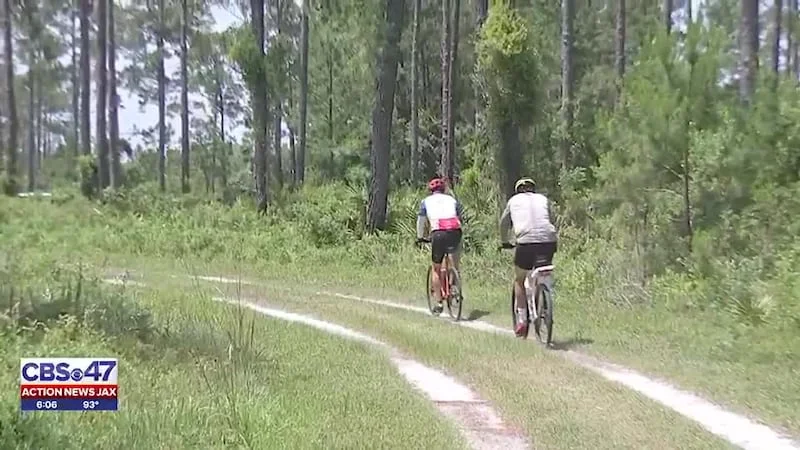
Is Florida’s Natural Heritage at Risk? The Shocking Guana Land Swap Debate
In the heart of Florida's picturesque landscapes, a proposed land swap in St. Johns County is igniting fierce debate, raising questions about the future of protected natural spaces and the balance between development and conservation. This issue has mobilized residents and environmentalists, highlighting the ongoing tension as Florida's rapid growth threatens its fragile ecosystems.
The controversy centers on a proposal to exchange 600 acres of protected land within the Guana River Wildlife Management Area for 3,000 acres of conservation land scattered across four Florida counties. Spearheaded by a private developer, The Upland, LLC, the deal promises more land in return but has drawn sharp criticism for potentially prioritizing economic interests over environmental integrity. Local residents and advocates argue that the Guana Preserve, known for its ecological significance near Ponte Vedra Beach, is irreplaceable.
Opposition has been vocal and heartfelt. Nicole Crosby, president and co-founder of Save Guana, expressed her dismay, saying, "Like I’ve been punched in the gut." Her organization has fought for years to protect lands in the area, including a previous battle to preserve 100 acres known as the Outpost, which borders the preserve. Crosby emphasized, "Conservation means conservation," underscoring the fear that this swap could lead to development on what was meant to be safeguarded forever.
Other residents echo these concerns. Rachel, a frequent visitor to the preserve, highlighted the impact on wildlife: "I’m really concerned about the wildlife... it’s taking their habitat away. We don’t have any green space basically left." Gage, another local, added, "With as much development as there is... we’ve got to preserve as much as we can. Guana is beautiful, and we’ve got to preserve what we got." These personal stories illustrate the broader anxiety about losing Florida's remaining natural havens amid unchecked expansion.
Experts and officials are also weighing in. Jen Lomberk of the Matanzas Riverkeeper dismissed the swap's benefits, noting, "Just because it’s bigger acreage does not mean that it's a net conservation benefit." State Representative Kim Kendall suspects development motives, stating, "To me it leans in on the proof that the 600 acres are going to be used for some serious economic development." Even Herbert Hill Peyton, who helped negotiate the original sale of Guana lands in 1984, opposes the move, declaring, "Guana State Park is the finest land in Northeast Florida and no portion should be sold, swapped or developed. This land belongs to the people of Florida and should be preserved forever."
The proposal's sudden emergence has added to the outrage, with many learning about it through social media rather than official channels. A state committee, the Acquisition and Restoration Council, is set to decide on the matter, though the outcome remains uncertain. This situation prompts deeper analysis: Is trading smaller, high-value ecological areas for larger but fragmented lands truly a win for conservation? Critics argue it could set a dangerous precedent, potentially endangering other protected zones like the Everglades, and erode public trust in environmental policies.
Ultimately, this land swap debate underscores the critical choices Florida faces in managing its natural resources amidst population growth. Will the state prioritize long-term ecological health or short-term gains? As decisions loom, the voices of concerned citizens could shape the future. What do you think—should these swaps be allowed, or is Florida's natural heritage too precious to trade? Share your thoughts in the comments below and help keep the conversation going.